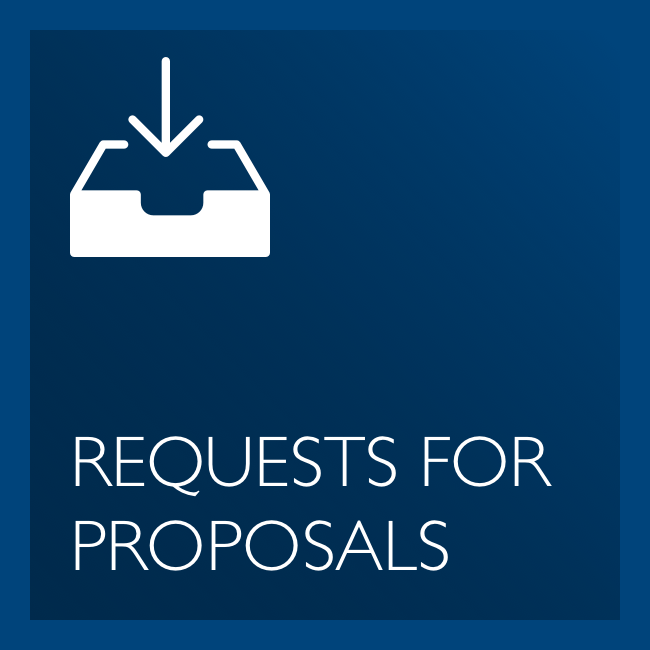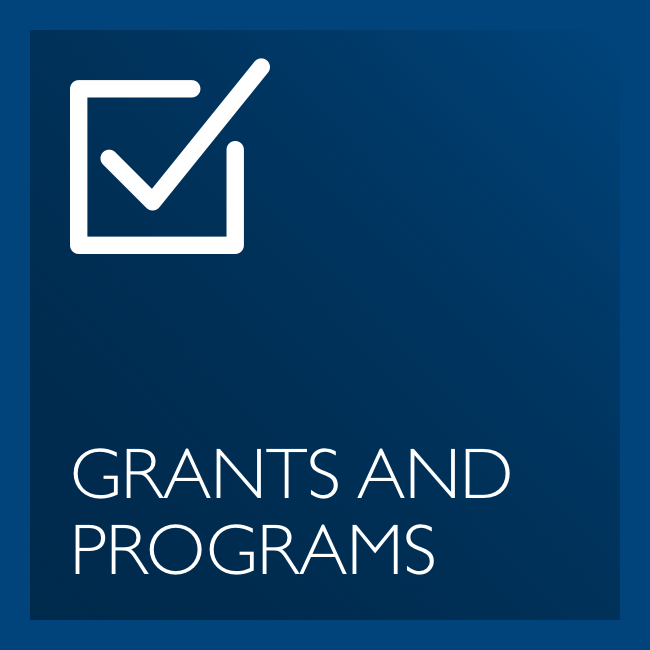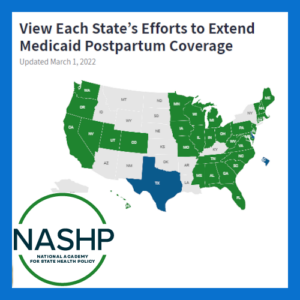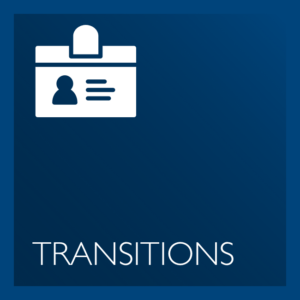Philanthropy @ Work – Transitions – August 2025
The latest on transitions from the field.
Philanthropy @ Work – Grants and Programs – August 2025
The latest on grants and programs from the field.
View Each State’s Efforts to Extend Medicaid Postpartum Coverage
The National Academy of State Health Policy has recently updated its tracking of states’ efforts to extend Medicaid postpartum coverage. Extending services for new mothers is a key step toward improving health outcomes and health equity for children and their family members. About 34 states and the District of Columbia have taken steps toward extending at least some coverage beyond current limits.
Philanthropy @ Work – Transitions – March 2022
The latest on transitions from the field.
Health Foundation of Central Massachusetts: March 2022
The Activation Fund supports discrete, one-year projects in Central Massachusetts that demonstrate creative and innovative approaches to addressing community health concerns and that move an organization to its next level of capacity and effectiveness, which can be sustained beyond the term of the grant.
Blue Cross Blue Shield of Massachusetts Foundation: March 2022
A limited number of non-renewable one-year grants of up to $50,000 will support nonprofits seeking to positively impact health or health care access for Massachusetts residents who have been economically, socially, ethnically, or racially marginalized.








